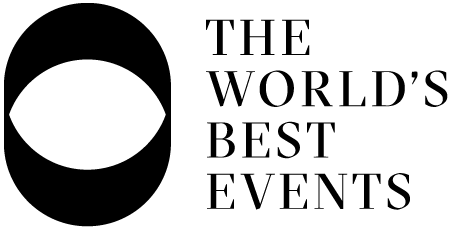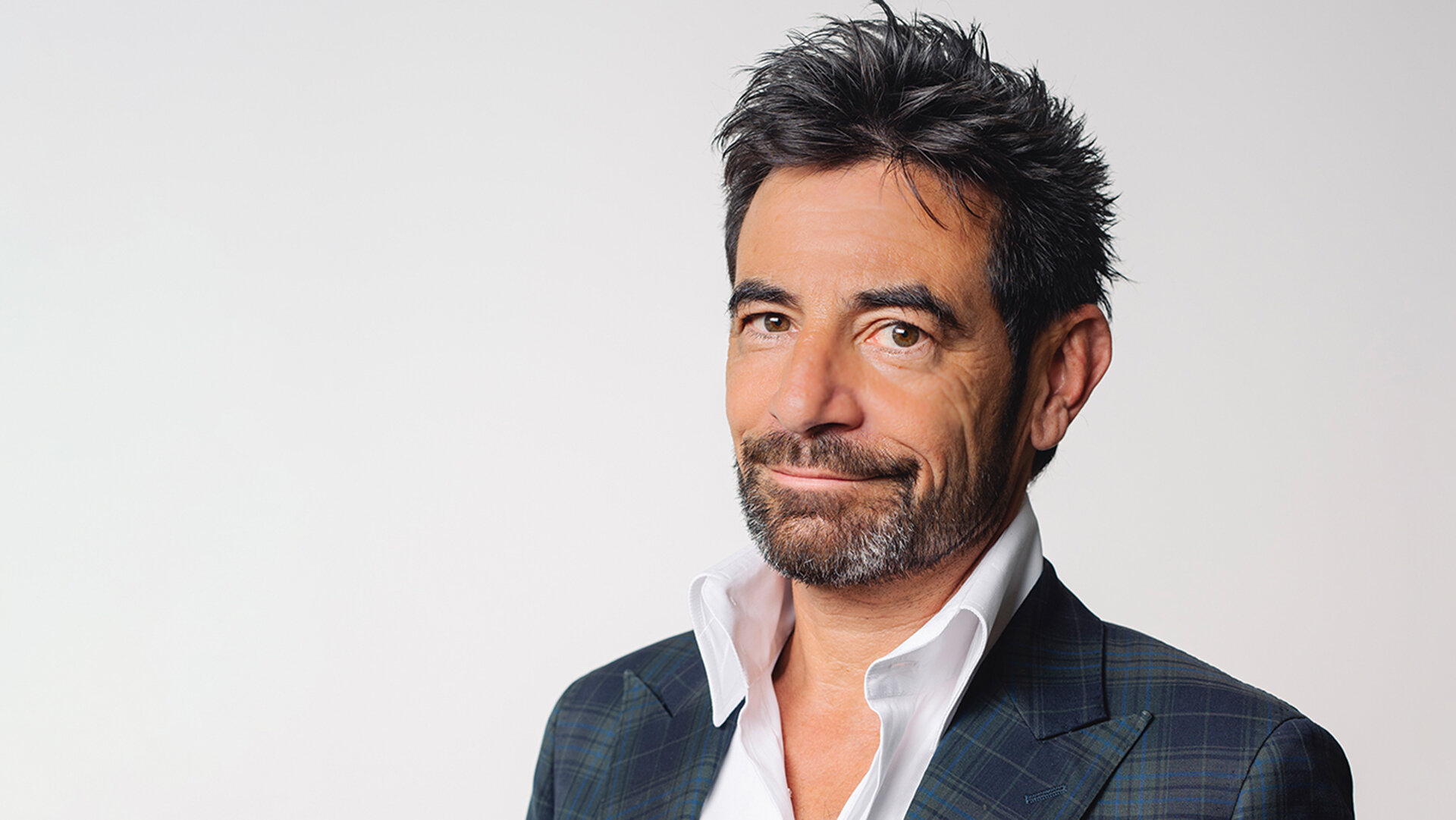Schoscho Rufener
We found out how to orchestrate the perfect event with Schoscho Rufener, the founder of Switzerland's largest event agency Rufener Events Ltd. (now MCH Global) and what really connects people today.
Why events?
I’ve been doing events and parties since I was 13 years old. I went to college and did small events before I started financing myself. I studied scenography at St Martins School of Art in Lon-don before going on to own clubs, then restaurants and I had two hotels in Miami. Then in the mid-1990s sponsors wanted to go heavily into the events business. They asked me if I would do events for them in Switzerland. Now I also have a head office in Brussels and one in Hamburg.
How would you describe your style?
Honestly, I still don't know now. For creative people I'm the entrepreneur, and for the entrepreneurs I’m the creative guy. So I'm not really creative, but I can translate creativity and I have an understanding of these corporate guys who give us the money, but I'm not the corporate guy. I have a good template of both worlds and match that with a good product. I work with 34 people across more than 50 countries. If you do movies then you can always adjust things until you bring it on screen, but with events you have a very short time before the show runs. And you might have a team you don't know, at the Sydney Opera house for example, who you must inspire in just 72 hours, all for one goal. I think that is what I do. I inspire people.
What are the Swiss like as clients?
Well the Swiss in business — in banking and luxury — are different. In banking they want conservative with a twist and in luxury they want to go big, like IWC who we have worked with for 15 years. They want to have the ‘big thing’ because you have to project worldwide. You have to distinguish between Swiss for Switzerland and Swiss for international. The Swiss from Switzerland are very modest, very conservative so there is no showing off. But if it goes abroad, as we did for IWC in 25 countries, they want to have this show of their Swiss position and hospitality — they want to show the core values. In the watch industry it's really about the craft, the deep knowledge of traditional watchmaking and what brand it is. I think this traditional aspect mixed with innovation translates well.
What are the Swiss like as guests?
It’s not like Barcelona or Madrid. Everything has to be very precise. You start by 6pm and you leave by 10pm. In Japan, you leave by 9pm. So there is that local cultural thing you have to be aware of. Having said that they are really divided. Swiss people have an open mind and they like to be inspired. Otherwise they couldn’t be on the edge of technology with VTA, with chemicals and with watches. The Swiss have precision, but you really want to deep dive in terms of a show, or get someone on stage with a deep knowledge of something. That’s what they really appreciate — to have access to people they normally wouldn’t meet.
Tell us a little bit more about your work with Art Basel.
I’m still on the international board for all their events. There was a huge worldwide pitch for UBS at Art Basel which is the platform and UBS is the sponsor. UBS had its own very well-known lounge. Then my company did the worldwide pitch for those lounges two years ago.
What are you working on at the moment that you're particularly proud of?
There’s Expo 2020 Dubai next October where we have to fill the pavilion. We have five different pavilions. Then we have an event for H&M all over Europe, we have Louis Vuitton and then we have Art Basel Miami.
You’re clearly very busy. What is a typical day for Schoscho like?
Well it depends, because if it's a show then you get up early. I'm very strong, in that I am 55, so for my body I go do some yoga. Then I’m there until late at night, orchestrating and supporting the team.
Finally, what makes a great event?
At the end I think it's all about people. It's all about giving them a perfect environment where they can get lost. So the classic things like the character, the order, the lightning — all of these things have to be as they would in a five star hotel. Because when you leave a five star hotel, it's perfect. If you have had the perfect experience then you don't have to ask why, it was just perfect. Everything in your room needs to be very thoughtfully done, like seating and tables etc. If that is a given, then it's about the quality of the human touches where people can connect with other people — when you remember who you met at which event, even from 10 years ago. That’s what connects people.

